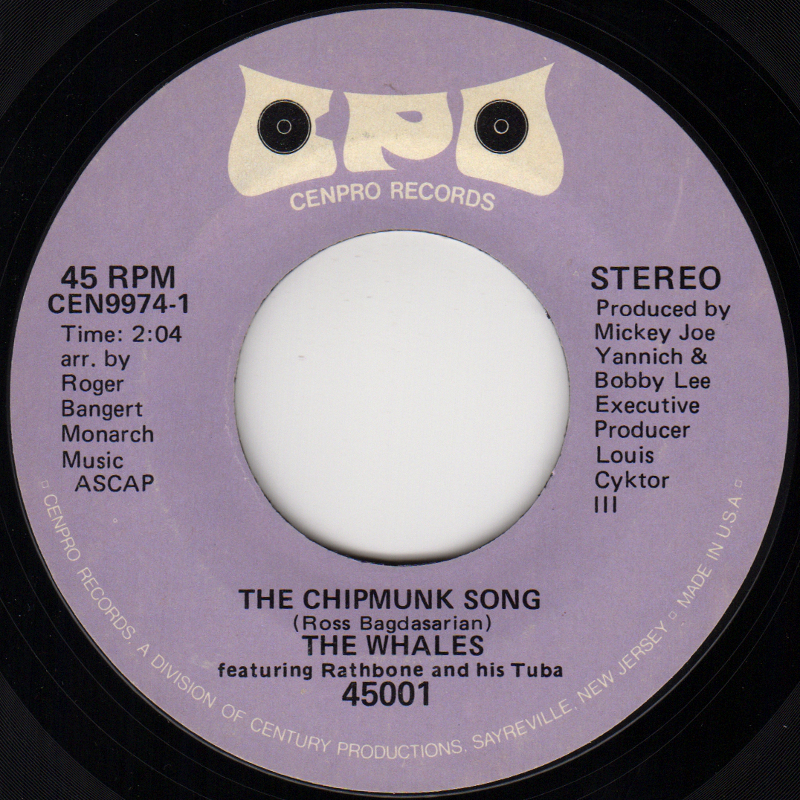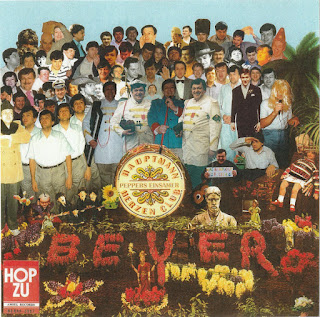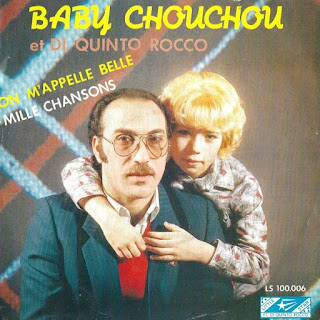If you were listening to the festive edition of the World’s Worst Records Radio Show earlier this week, you would have heard me playing snippets from a cute 1960s kid’s Christmas tale, Shirley Higginson’s The Lisping Elf. Well, here’s the whole thing for you to do with as you will.
The Lisping Elf was issued at least twice -once in the
early 1960s on Corpat Records (my copy, picked up in an antiques centre in
Exeter, comes from this original pressing) and again, during the second half of
the 1970s, by LEI records. The charming music (which always reminds me of the
kind of thing you would hear during BBC schools’ broadcasts during the 1970s)
was composed by Tommy Banks (a.k.a. the Reverend Thomas Banks) one half of the Canadian
folk duo Tom and Judy. Ms. Higginson was an author – based in Edmonton I believe
- who specialised in fables for children: her other works include Ralph the
Flying Dog and Ice Cream Sneakers.
Next is a recent (like, this morning) YouTube find courtesy of the always excellent Thrift Store Vinyl channel. Issued in 1974, here from Austin, Texas are the Wilson family (well, the Wilson kids at least) ‘singing’ Santa’s Surprise.
Composed by Dick Culp and Billy E. Nix (guitar player,
songwriter and owner of Ben Records), the Wilson family would issue at least one
further record on Darva, the 1976 single Candy Cane Castle, backed with Running
Through The Sunshine.
And finally, for this year anyway, here’s a song-poem oddity from Gene Merlino. Professional vocalist Merlino did most of his song poem work for two labels, Preview (as Gene Marshall) and Columbine (as John Muir), but also recorded for a number of other companies under a variety of different names.
 Some time back, obscure music collector Sammy Reed unearthed a 45 on the
George Liberace Songsmiths label (Lee’s violin-scratching brother had his own
publishing company, which also dabbled in the song-poem world), the rather fun
and jaunty Santa’s Mommy Must Have Had Quintuplets, and although the
vocalist is not credited on the disc itself (the only credit is for the lyric’s
author, Clate Hazelwood), the singer is unquestionably Merlino.
Some time back, obscure music collector Sammy Reed unearthed a 45 on the
George Liberace Songsmiths label (Lee’s violin-scratching brother had his own
publishing company, which also dabbled in the song-poem world), the rather fun
and jaunty Santa’s Mommy Must Have Had Quintuplets, and although the
vocalist is not credited on the disc itself (the only credit is for the lyric’s
author, Clate Hazelwood), the singer is unquestionably Merlino.
Well, there you go. Enjoy these tracks, and I shall be back
soon with some decidedly un-festive fare for you all.
Happy Christmas!
Download Lisping HERE
Download Surprise HERE
Download Mommy HERE









.jpg)





















